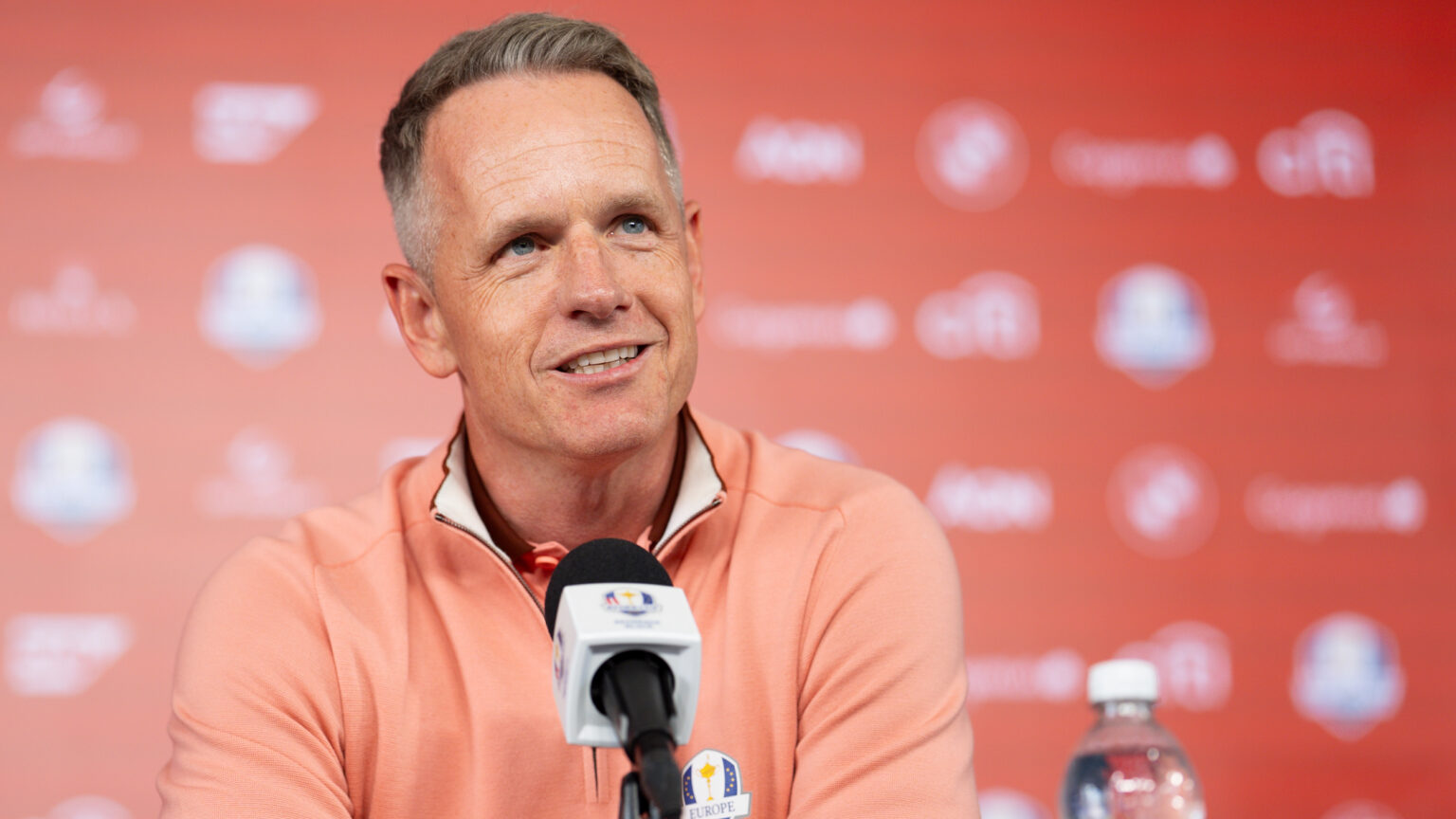Ryder Cup 2025: The Intriguing Pay Debate Between Team USA and Team Europe
As the excitement builds for the Ryder Cup 2025, discussions surrounding player compensation are heating up. In a recent revelation, Keegan Bradley shared that each member of Team USA will receive a hefty $500,000 for participating in the prestigious event. This announcement has ignited a larger debate about the ethics and implications of pay in professional golf. The landscape of the Ryder Cup, a revered institution in the sport, seems to be shifting. This article delves into the details of these developments, setting the stage for one of golf’s biggest tournaments.
Team USA’s Approach: Paying it Forward
Bradley explains that the $500,000 each player receives isn’t simply a paycheck; it carries the promise of philanthropy. With $300,000 earmarked for charity donations and a new $200,000 stipend, this initiative aims to generate goodwill among players and fans alike. The Ryder Cup’s alignment with charitable causes elevates its significance beyond mere competition, demonstrating a commitment to the greater good. In an era where social responsibility is more crucial than ever, Team USA’s approach reflects the changing dynamics of professional sports.
A Personal Decision: Players’ Responses to Compensation
While the extra funds are available, Bradley emphasized that how each player chooses to utilize the $200,000 stipend is personal. With hints suggesting that many may direct their earnings to charity or their foundations, players are poised to use this moment not just for financial gain, but to create a positive impact in their communities. The decision resonates with the spirit of the Ryder Cup, which celebrates camaraderie and competition while emphasizing unity and purpose.
Team Europe’s Stance: Tradition Over Compensation
In contrast, Team Europe has articulated a strong stance against monetary compensation for their participation in the Ryder Cup. Captain Luke Donald confirmed that his players expressed a unanimous sentiment: "This isn’t a week to get paid." This assertion underscores the team’s dedication to the tournament’s ethos, which seeks to honor golf’s deep-rooted traditions. In Donald’s eyes, the Ryder Cup serves as a platform to strengthen bonds among players, rather than a venue for financial transactions.
The Importance of the DP World Tour
European players have a strong emotional connection to the DP World Tour—a circuit that many of them grew up in. They recognize that the funds generated through the Ryder Cup help sustain this tour, which has been instrumental in shaping their careers. This perspective not only showcases their loyalty to their roots but also reinforces the overarching theme of camaraderie within the sport. Donald articulated this sentiment by stressing that the team is focused on enriching their experiences rather than accumulating monetary rewards.
Reinvesting in the Experience
Donald elaborated on the investments made in creating memorable experiences for the players. "For me," he said, "the experiences that you remember for the rest of your life are worth more than a couple hundred thousand dollars in your pocket." This sentiment emphasizes the non-monetary values that the Ryder Cup embodies. By amplifying the emotional significance of the event, he believes the players can cultivate unforgettable memories that surpass their financial earnings.
The Historical Context of the Ryder Cup
Founded in the 1920s by Samuel Ryder, the Ryder Cup has evolved far beyond its original conception. The spirit of the tournament is steeped in sportsmanship, teamwork, and mutual respect, which transcend monetary values. Both captains, Bradley for Team USA and Donald for Team Europe, have recognized that the essence of the tournament lies in its ability to bring people together. This backdrop sets a compelling stage for the upcoming competitions and influences how players perceive their participation.
Charitable Initiatives: A Pillar of the Ryder Cup
As the debate over pay continues, the significant role of charitable contributions cannot be overlooked. The Ryder Cup has long been associated with philanthropic endeavors, making a substantial impact on various causes through its proceeds. Bradley’s assertion that much of the funds will benefit charity aligns with the values that the Ryder Cup promotes. Golf as a sport has the unique ability to foster community support while generating excitement on the course, and this year’s tournament is no exception.
Insights from PGA of America
During the announcement, Keegan Bradley revealed that the PGA of America has taken steps to modernize the Ryder Cup. Traditionally, charity dollars received minimal adjustments over the years, but the organization has realized the need to bring the tournament into the present day. “We wanted to bring the Ryder Cup into today’s age,” Bradley stated. This forward-thinking approach mirrors the evolving dynamics in professional sports, where traditional formats must adapt to contemporary values and expectations.
Future Implications for Professional Golf
The implications of this pay debate extend beyond the Ryder Cup, as they reflect a trend that could reshape the futures of professional golfers. As financial models evolve, it will be crucial for stakeholders to consider how compensation structures affect both player attitudes and public perceptions. The conversations surrounding the Ryder Cup serve as a microcosm of larger discussions in sports, balancing the scales between tradition, financial reward, and social responsibility.
Conclusion: An Evolving Landscape
The conversations surrounding player pay within the context of the Ryder Cup illustrate the complex interplay between financial compensation and the values that underpin the sport. Whether players are drawn by the allure of financial rewards or the opportunity to create charitable impacts, each side offers a compelling narrative. As the Ryder Cup 2025 approaches, these discussions will undoubtedly shape not only the event but also the future of professional golf. The ongoing commitment to charity and community impact emphasizes the role of the Ryder Cup as a platform for more than just competition, and signals a promising future for the sport.
